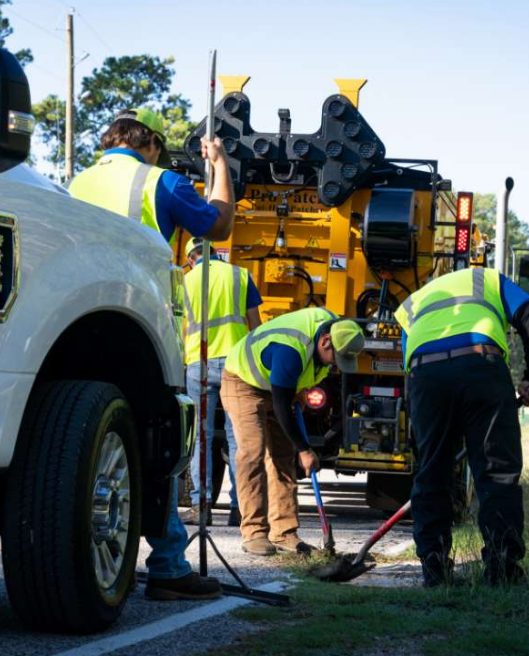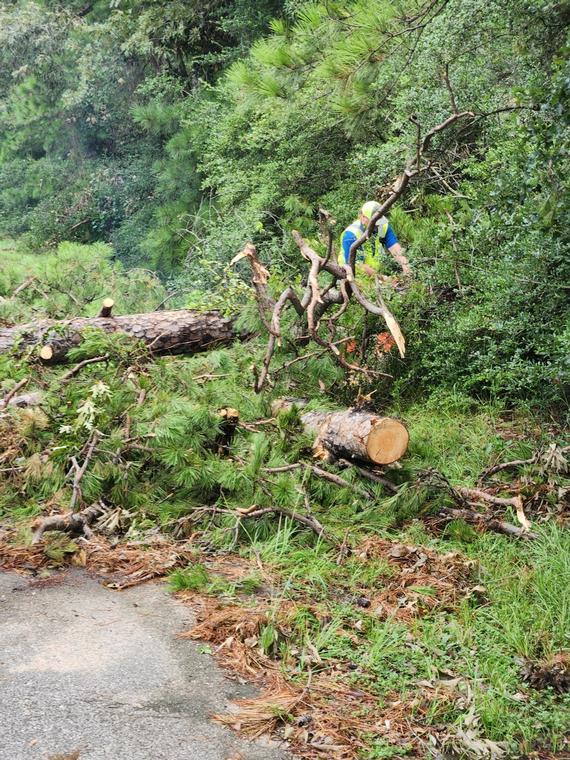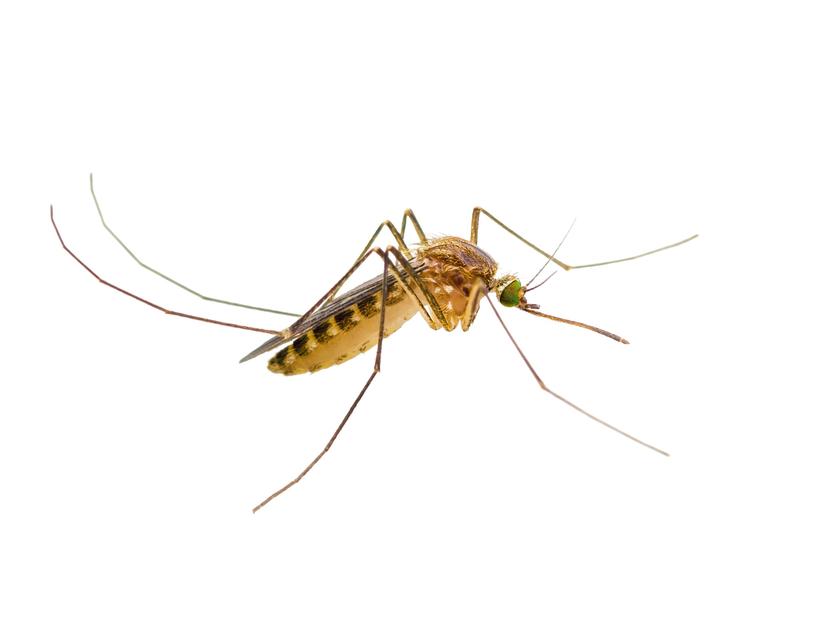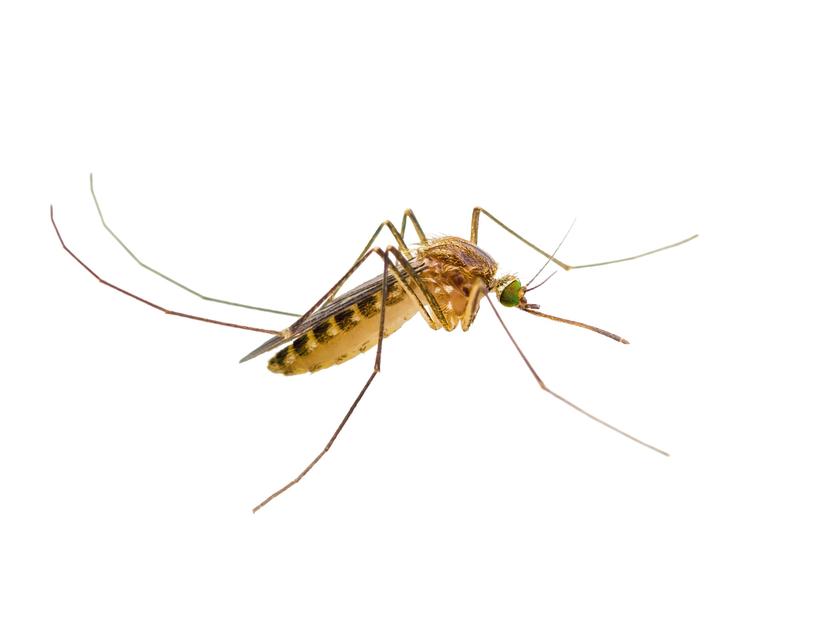- Sections :
- Crime & Public Safety
- Restaurants & Food
- Sports
- More
Categories
Mosquito testing continues throughout The Woodlands
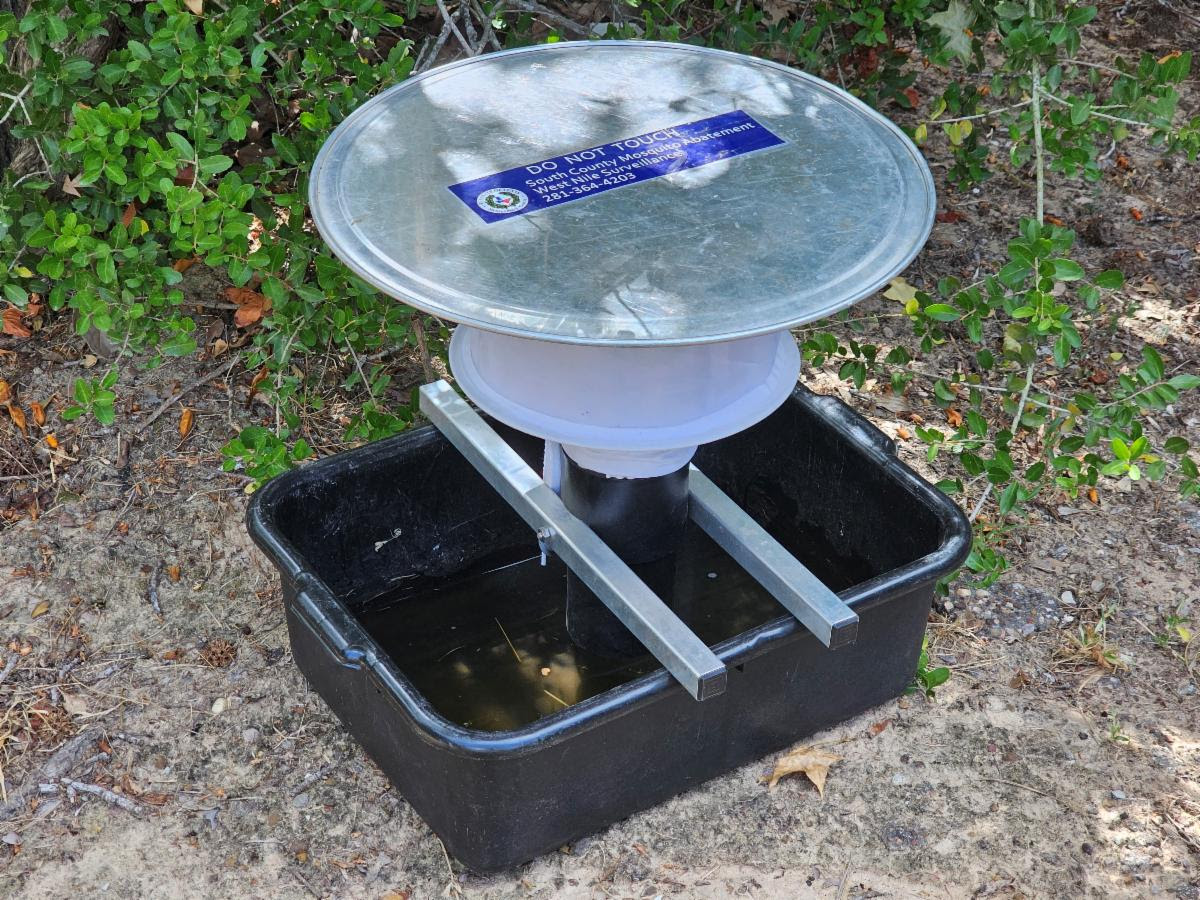
THE WOODLANDS, TX - Commissioner Noack’s Mosquito Abatement Team is working hard to reduce the risk of exposure to mosquito-borne disease for residents of Precinct 3. A core component of the team’s efforts involves collecting local mosquitoes from every area of the precinct and testing them for disease. Precinct 3 is divided into a number of control areas that are each tested on a weekly basis from the first week of May through the end of October. The data collected from these samples provides information in order to make decisions about targeted treatment activities within these control areas.
The most common trap used to collect mosquito samples in Precinct 3 is the CDC Gravid Trap. This trap is designed to catch female mosquitoes that are gravid, which means they are ready to lay their eggs either on or near the surface of a pool of water. The CDC Gravid Trap is baited with water that has been infused with hay, often referred to as “mosquito tea,” to attract the mosquito species that carry and transmit the West Nile virus in Montgomery County. Before the mosquitoes can lay their eggs in the trap, they are pulled into a net by a fan which is strong enough to prevent them from escaping.
These traps are set in the afternoon and left out overnight to collect disease-carrying mosquitoes while they are active. The traps are then collected after sunrise the next morning and brought back to the Mosquito Abatement Lab. The mosquitoes are extracted from the nets and prepared for species identification and disease testing. Identifying which species have been collected ensures that resources are not wasted on testing mosquitoes that do not transmit disease. Species identification also determines which treatment methods may be used and where potential breeding sites may be found, as behavior patterns and habitat preferences can vary greatly from species to species.
Once identified, the mosquitoes that can transmit disease to humans are tested in-house for the presence of antibodies that indicate one or more of the mosquitoes in the sample are infected with the West Nile virus. Additional testing of mosquito samples may be performed by the Texas Department of State Health Services. In the event a sample tests positive for the West Nile virus, the Mosquito Abatement Team initiates the appropriate treatment protocols within the affected area.
To see which areas in Precinct 3 are scheduled for treatment, visit precinct3.org/mosquito and click the button labeled Mosquito Treatment Map.
For more information regarding the Mosquito Abatement Program, call 281-364-4203 or email justin.fausek@mctx.org.
The most common trap used to collect mosquito samples in Precinct 3 is the CDC Gravid Trap. This trap is designed to catch female mosquitoes that are gravid, which means they are ready to lay their eggs either on or near the surface of a pool of water. The CDC Gravid Trap is baited with water that has been infused with hay, often referred to as “mosquito tea,” to attract the mosquito species that carry and transmit the West Nile virus in Montgomery County. Before the mosquitoes can lay their eggs in the trap, they are pulled into a net by a fan which is strong enough to prevent them from escaping.
These traps are set in the afternoon and left out overnight to collect disease-carrying mosquitoes while they are active. The traps are then collected after sunrise the next morning and brought back to the Mosquito Abatement Lab. The mosquitoes are extracted from the nets and prepared for species identification and disease testing. Identifying which species have been collected ensures that resources are not wasted on testing mosquitoes that do not transmit disease. Species identification also determines which treatment methods may be used and where potential breeding sites may be found, as behavior patterns and habitat preferences can vary greatly from species to species.
Once identified, the mosquitoes that can transmit disease to humans are tested in-house for the presence of antibodies that indicate one or more of the mosquitoes in the sample are infected with the West Nile virus. Additional testing of mosquito samples may be performed by the Texas Department of State Health Services. In the event a sample tests positive for the West Nile virus, the Mosquito Abatement Team initiates the appropriate treatment protocols within the affected area.
To see which areas in Precinct 3 are scheduled for treatment, visit precinct3.org/mosquito and click the button labeled Mosquito Treatment Map.
For more information regarding the Mosquito Abatement Program, call 281-364-4203 or email justin.fausek@mctx.org.
Comments •



